
The Krämer KCP10 upward-conveying capsule polisher elevates, polishes, and dedusts capsules.

The Krämer KCP10 upward-conveying capsule polisher elevates, polishes, and dedusts capsules.

Lannett Company agreed to purchase Kremers Urban Pharmaceuticals, the US specialty generic-pharmaceuticals subsidiary of global biopharmaceuticals company UCB S.A., for $1.23 billion.

Mumbai-based Cipla agreed to acquire US companies InvaGen and Exelan, giving Cipla US tablet and capsule production capacity, a more diversified portfolio, and market access.

Aragen Bioscience has licensed ProteoNic Biotechnology’s 2G UNic recombinant protein production technology, which increases manufacturing efficiency and reduces cost of goods for recombinant biologicals.

FDA warns that compounded or repackaged drugs stored in certain syringes made by Becton-Dickinson may lose potency because of an interaction with the rubber stopper.

The agency has set up a workshop on how to demonstrate the benefits of orphan drugs over existing treatments.

After many legal proceedings surrounding the first FDA-approved biosimilar, Zarxio officially launched commercially on Sept. 3, 2015.
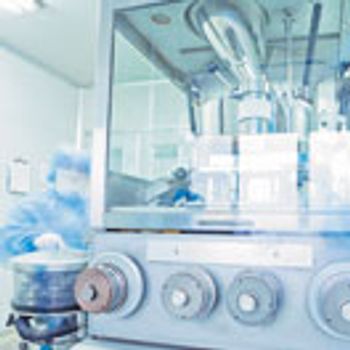
Creating closed processes and reducing room air classification in a biopharmaceutical facility can reduce operational costs.

Operator attention to detail and adherence to procedures are crucial for proper cleaning.
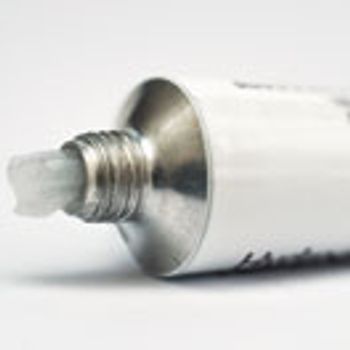
Current guidance for absorption of elemental impurities does not address dermal exposure, resulting in a simplistic approach to limit setting.

Industry Expert Q&A with Robin M. Silva, Partner, Morgan, Lewis, and Bockius LLP
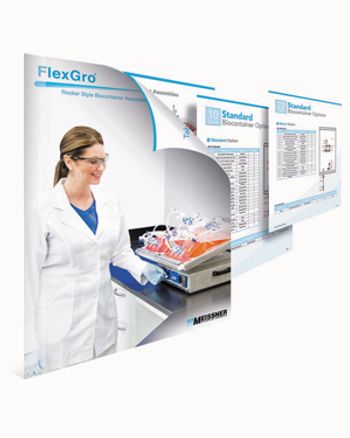
Meissner’s FlexGro single-use biocontainer assemblies feature the TepoFlex polyethylene (PE) multi-layer film and are delivered presterilized for immediate use.

QbD is improving the safety of solid-dosage drug products as well improving manufacturing processes, despite some industry reluctance.

An analysis of controlled correspondence between generic-drug manufacturers and FDA reveals patterns in questions about specific drug chemistry topics and the response to information provided in FDA guidance documents.

Growth is said to be driven by the deeper penetration of biosimilars in developed and emerging markets as a result of clearer regulatory pathways.

In a new draft guidance, FDA proposes the use of a nonproprietary name plus a four-letter suffix to identify all biologic products, both new and old.

Andrew Bulpin, executive vice president of EMD Millipore’s Process Solutions Business, speaks to Pharmaceutical Technology about the trends shaping the biopharmaceutical manufacturing industry.

Randy Wald, senior research fellow at Bend Research, part of Capsugel Dosage Form Solutions shares insights on trends shaping the evolving solid dosage manufacturing landscape, including advances in excipients and the impact on formulation development and manufacturing processes.

Elizabeth Scheu & Kniss will supply replacement parts for Bosch capsule filling machines.

The company adds a few new arguments-as well as new stakeholder support-to its Citizen Petition on biosimilar naming.
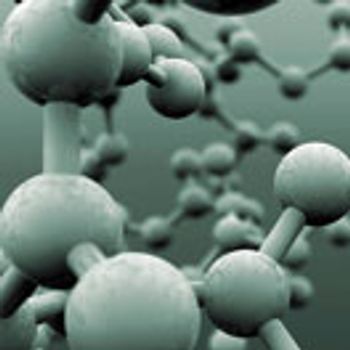
The complex task of stabilizing proteins is made more challenging due to the limited number of approved excipients.

WuXi PharmaTech and TruTag Technologies successfully applied and detected TruTag's edible microtags on solid-dosage drug products and found no effect on dissolution.

CMC Biologics will manufacture monoclonal antibodies (mAbs) and provide process development services for the PATH Malaria Vaccine Initiative.
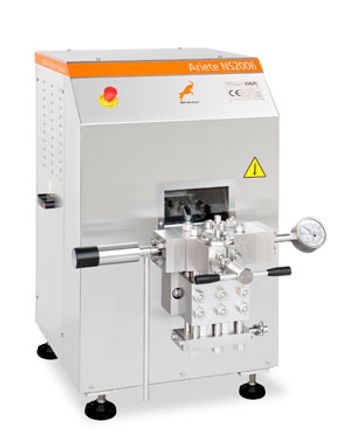
GEA's self-contained homogenizer is designed for laboratory applications, including cell dispersions.

The Biosimilars Forum, along with numerous House members, advocated for the use of unique J-codes for biosimilars in a recent letter to CMS.